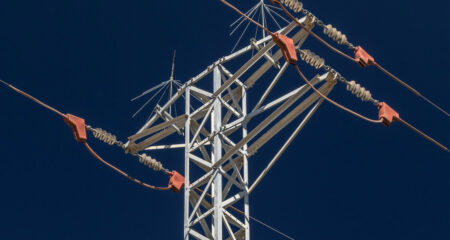
South Africans trust Eskom marginally more than President Jacob Zuma, according to an Ipsos survey. Zuma scored 53,1 out of 100 (with 100 signifying a perfect reputation), while Eskom scored 53,4 points.
The poll was done through 3 617 face-to-face interviews with randomly selected adult South Africans.
The South African Social Security Agency got the highest score with 69,1 points.
In terms of favourability ratings — on a scale from 0-10, where 10 means totally in favour and 0 totally against — Zuma scored 5,5 in May 2015 and 5,2 in November 2015.
This was before Zuma axed Nhlanhla Nene as finance minister on Wednesday and replaced him with the relatively unknown David van Rooyen. Following a widespread backlash, Zuma reversed his decision and appointed Pravin Gordhan to the position on Sunday. Gordhan served as finance minister in Zuma’s previous administration.
The shuffle has led to #ZumaMustFall trending on social media, planned protest marches, and calls for him to be recalled.
Ipsos found Nene’s popularity increased from 3,9 points to 4,1 points between May 2015 to November 2015.
“Although Nene has a lower favourability rating overall than President Zuma, this is expected as he only started in the position of minister of finance in May 2014 (after the most recent general election), thus South Africans were taking some time to get to know him,” Ipsos said.
When asked “How well do you think President Zuma is doing his job?”, less than half of adult South Africans believed Zuma was doing his job very or fairly well.
In May 2015, 48% of adult South Africans believed Zuma was doing his job very or fairly well. By November this had fallen to 46%.
“Although the results shown here were captured before the announcement of the replacing of Nene, it is clear that fewer South Africans trust or show favourable sentiment towards Zuma now than in the beginning of the year, or earlier in his presidency,” Ipsos said.
“This is especially important as local government elections are about five months away, and the ANC is facing stiff competition from the opposition — especially in the major metropolitan areas where voters are more exposed to different opinions and have more access to a variety of news media.” — News24




